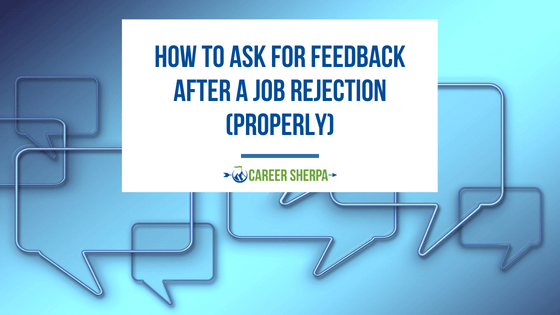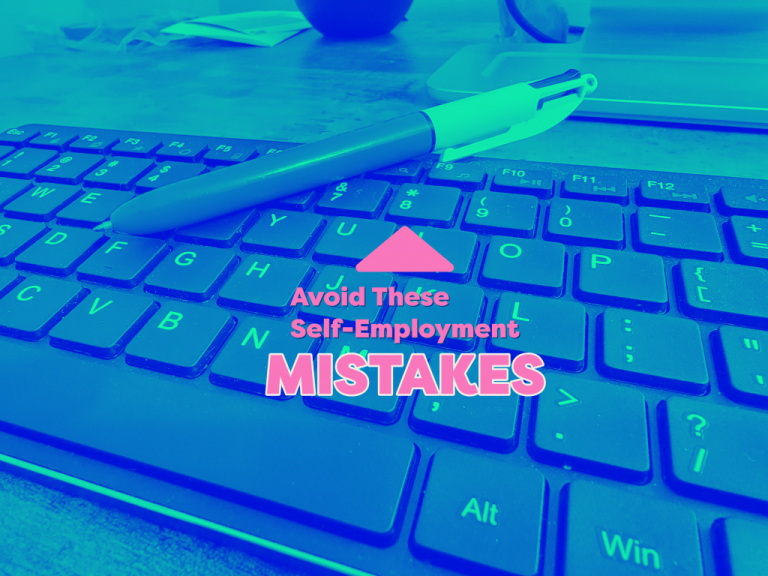5 Reasons Why You Don’t Have Friends At Work

As humans, we need some form of social interaction (some of us more than others). However, we all do need and thrive on the simple act of connecting to people.
For the majority of us, our social fabric is created through work. We see these people every day. We have work in common. We get to know them in ways the spouses and significant others simply don’t. When we leave these people due to job change, it can be painful.
Yet, despite all this social goodness that work can bring, what happens when it doesn’t happen to you? What do you do when you don’t have friends at work? No one to save you space at a meeting or light up when you enter a room? It happens, and when it does, there’s no lonelier place to be. It can be so impactful that it can cause a person to look for another job.
Here are situations you may be facing and what you can do about them:
You’re New In The Office

You may think you’re past due for connecting with people in a deeper way at work. Sometimes the dynamic is such that it simply takes a while and ongoing persistence to break through.
You Got Off On The Wrong Foot With Your Co-Workers

It doesn’t matter if you were misinterpreted. Somehow you did something right off the bat that got you sideways with many of your peers. If you did do something wrong, make amends and don’t do it again.
Being the bigger person takes courage, but you will win friends. If there is nothing to make amends for, stay friendly and ignore the undertow. It will eventually fade.
The Work Cliques Are Too Strong To Penetrate

Just like high school, there are work situations where you are the outsider and will stay that way for an indefinite period of time. Most likely these people have worked together for a while and the bond is tight. They probably don’t realize how unfriendly they may seem.
You need to be friendly and make efforts to get to know each person at an individual level. It may take some big work event, like a year-end close, to be the final catalyst that forms the bond. There’s nothing like being in the trenches with people to nail the trust and support.
You’re Not A Cultural Fit

That feels like a hard message, but it truly is not personal. We all have values and work styles we wear like a suit. They are out there for everyone to see and experience. Many times, when we aren’t a cultural fit, we are out of step with the people we work with.
This makes it hard to form friendships. If you aren’t a cultural fit, you need to admit it and move on. It not only won’t help form friendships, but it won’t help your career either.
You’re An Introvert Who’s Turning More Inward

For an introvert, it can be tough to push yourself toward people you don’t know. When an introvert is surrounded by ‘strangers,’ it’s easy to retreat even further. You could appear kind of wonky and unapproachable, making it difficult for co-workers to approach you.
You’ve set up your own lonely situation and only you can make your way out. To make it less overwhelming, simply focus on one or two people with whom you feel some form of affinity, and focus on getting to know them. It will help you overall and will become a catalyst for forming more relationships.
Workplace relationships can make or break a job. They can nourish you and help you excel in your career if they are healthy workplace relationships. When those bonds are not forming, it can make you feel very lonely. But there are things you can do to improve the situation. You need patience and a friendly smile.
Need more help navigating workplace relationships?
We’d love it if you signed up for Work It Daily’s Power Hour Event Subscription! Get your career questions answered in our next live event!
This article was originally published at an earlier date.



























